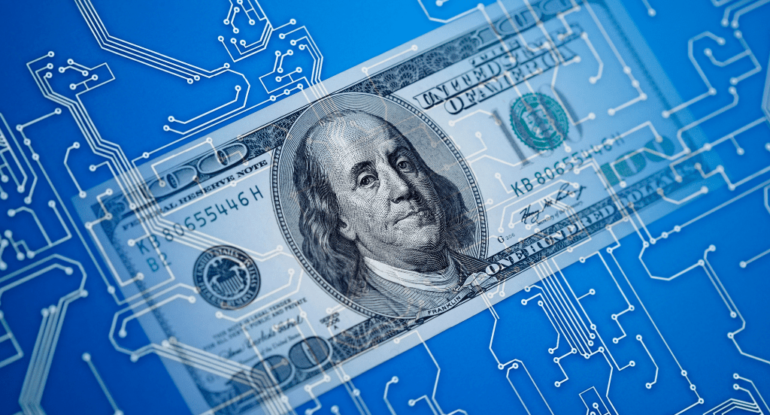Paypal supports Blockchain and Cryptocurrency

PayPal, the world’s largest digital payments company, said that the technological change ushered in by blockchain and cryptocurrency would help democratize financial services and expand financial inclusion. PayPal also stated that it has a cybersecurity offensive and defensive plan to ensure its network remains safe and secure for users.
Sri Shivananda, PayPal’s EVP and Chief Technology Officer, stated that the company’s infrastructure would not only support digital currencies but that the company’s long-term goal is to support all of the central bank digital currencies as a form of digital currency.
“We’re still fascinated by blockchain and cryptocurrency. We sincerely believe that this is a paradigm shift and a technological shift that will allow us to fulfill our mission of democratizing financial services and enabling financial inclusion for the 1.8 billion people around the world who are currently excluded from the system” during a virtual briefing, Shivananda said.
He said the ultimate goal is to increase digital asset access, ubiquity, and usefulness while making money movement and management more effortless. “The infrastructure we’re developing will not only support digital currencies, which we’re already doing,” he said, “but the aim is to eventually support all of the central bank digital currencies as well, as a form of digital currency.”
PayPal now accepts four different cryptocurrencies. The decentralized nature of crypto, according to Shivananda, opens up several possibilities. “There’s been a lot of progress in payment experiences, but the underlying architecture has stayed almost the same,” he said. “What the cryptocurrency and blockchain ecosystem does with the decentralized protocol is give us the freedom to go re-imagine the underlying substrate and make access far simpler for all.”
He said that blockchain and cryptocurrencies are still in their early stages and that there is more to learn in this area in the future. Cryptocurrencies are digital or virtual currencies that operate independently of a central bank and use encryption techniques to control unit generation and verify fund transfers.
When asked if PayPal was in talks with the Indian government about cryptocurrencies, PayPal Vice President Customer Success Platform Guru Bhat said India’s regulators have been at the forefront of fintech innovation.
In 2018, the RBI effectively outlawed cryptocurrency trading and ordered all major bank-regulated entities to stop dealing in virtual currencies. In 2019, the Supreme Court ordered the Centre to draught crypto policies, and in 2020, it overturned the RBI’s restrictions.
PayPal now supports the transfer of crypto between PayPal and external wallets. #PayPal #Crypto #cryptocurrency #CryptoNews #blockchain #decentralized #ETH #BTC #Ethereum #digitalasset
— Sam Moegenburg (@moegenburg_sam) June 7, 2022
“When it comes to fintech, we are very pro-innovation and development,” he added. “On those subjects, we continue to be actively engaged with regulators around the world, including in India, to ensure that we can lend a hand wherever it is necessary to advance the FinTech ecosystem in the region.”
According to Baht, the pandemic has aided in the growth of digital adoption, but there has also been an increase in cyberattacks such as phishing, malware, botnets, and crypto-jacking.
Although nearly two-thirds of the fintech companies surveyed in Southeast Asia hire at least two people to deal directly with information protection and cybersecurity, he said two out of five companies invested less than 3% of their operating budget on cybersecurity.
“This indicates a significant level of under-investment, which is cause for concern because the cost of a breach, not only in terms of costs but also in terms of brand, breach of confidence, and so on, can be extremely costly, particularly in the financial services realm,” he said.




























































